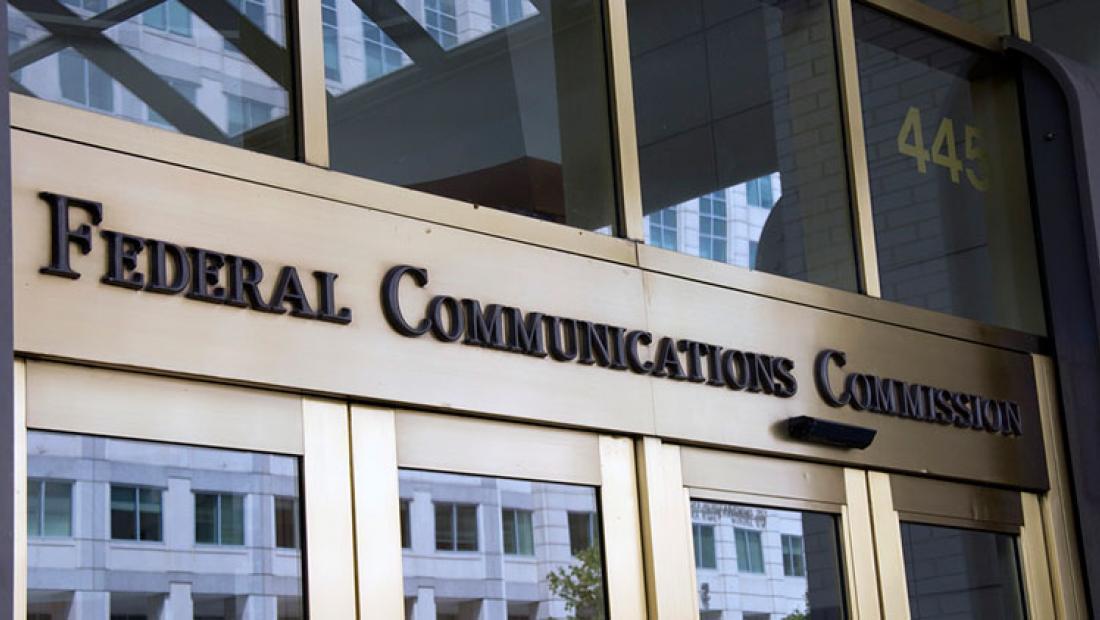FCC: Sinclair-Tribune Deal as Proposed Is Not in Public Interest

The smarter way to stay on top of broadcasting and cable industry. Sign up below
You are now subscribed
Your newsletter sign-up was successful
The FCC has released its Sinclair-Tribune hearing designation order (HDO) on the Sinclair-Tribune merger, and as expected, it raises issues about three station sales.

The order was approved unanimously and could spell the death knell for the deal.
The FCC says there are "significant questions" about whether those proposed divestitures, of two stations in Texas and WGN-TV Chicago, were "sham" transactions. Until and unless those are resolved, "we are unable to find, based upon the record before us, that grant of the applications would be consistent with the public interest."
The order cites the transfer of WGN-TV to Steven Fader who has no prior broadcasting experience and serves as the CEO of a company in which Sinclair's executive chairman David Smith has a controlling interest. "Moreover, Sinclair would have owned most of WGN-TV’s assets, and pursuant to a number of agreements, would have been responsible for many aspects of the station’s operation," the FCC said. "Finally, Fader would have purchased WGN-TV at a price that appeared to be significantly below market value, and Sinclair would have had an option to buy back the station in the future."
The order also suggests the $60 million price tag for WGN to Fader seems well below market value.
Related: FCC Votes Unanimously To Designate Sinclair-Tribune Deal For Hearing
Sinclair has said it has done nothing wrong and been straightforward with the FCC about what it was doing.
The smarter way to stay on top of broadcasting and cable industry. Sign up below
The FCC said the facts cited in the order "raise questions about whether Sinclair was the real party in interest under Commission rules and precedents and attempted to skirt the Commission’s broadcast ownership rules."
While Sinclair has withdrawn those three applications, the FCC said, "[M]aterial questions remain because the real party-in-interest issue in this case includes a potential element of misrepresentation or lack of candor that may suggest granting other, related applications by the same party would not be in the public interest."
In other words, the FCC is saying, if they were sham transactions, it isn't sure it should grant any of the transfers in the deal.
Related: Sinclair Deal Appears Headed for Hearing
And the FCC won't consider Sinclair's effort to fix the problem with the three stations.
"Given the seriousness of the issues presented, we direct the Media Bureau to hold in abeyance all other pending applications and amendments thereto related to the overall proposed Sinclair-Tribune transaction until the issues that are the subject of this Hearing Designation Order have been resolved with finality," the FCC said.
An FCC spokesperson confirmed that withdrawing the three applications would not fend off the hearing, though withdrawing the deal would, since there would be no applications before the FCC. Still, the lack of candor question could be used by Sinclair critics to challenge its existing stations at renewal time.
“Tribune Media has now had the opportunity to review the FCC’s troubling Hearing Designation Order," the company said Thursday (July 19) following the FCC's release of the order, signaling it would survive if the deal were scrapped. "We are currently evaluating its implications and assessing all of our options in light of today’s developments.
“We will be greatly disappointed if the transaction cannot be completed, but will rededicate our efforts to running our businesses and optimizing assets. Thanks to the great work of our employees, we are having a strong year despite the significant distraction caused by our work on the transaction and, thus, are well-positioned to continue maximizing value for our shareholders going forward.”
Contributing editor John Eggerton has been an editor and/or writer on media regulation, legislation and policy for over four decades, including covering the FCC, FTC, Congress, the major media trade associations, and the federal courts. In addition to Multichannel News and Broadcasting + Cable, his work has appeared in Radio World, TV Technology, TV Fax, This Week in Consumer Electronics, Variety and the Encyclopedia Britannica.

